Your child’s diet is very important because he is growing and needs protein, vitamins, calcium etc. in order to be healthy and develop harmoniously. Also, during this period you can influence his dietary habits later in life by establishing healthy habits from an early age.
You must ensure that your child receives all the necessary nutrients in the three daily meals.
Milk
In the first six months is very important for babies to have a milk-based diet. Infant formula is the only alternative to breastfeeding for feeding babies below six months of age. After this age, you can vary their diet, including other four food groups: proteins, carbohydrates, fruits and vegetables and milk and dairy foods.
Protein
Protein is essential in a baby’s diet because it affects growth, brain development, and healthy bones. The best proteins are the animal ones: chicken, turkey, fish, beef, eggs, milk, yogurt and cheese. These contain 10 amino acids that toddlers need. You can give them plant proteins too (legumes, lentils, tofu, soya products), but you have to combine them in order to achieve the full spectrum of amino acids.
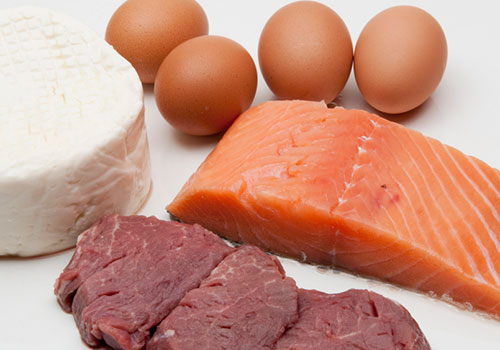
Fruit and vegetables
They contain many nutrients, like vitamins, minerals, antioxidants, starch and fibre. Introduce them in your baby’s diet in a variety of colours. This way you will be sure that your child is getting all the nutrients he needs.
Carbohydrates
These are the body’s most important source of energy – and we all know that kids need a lot of energy! Carbohydrates help a child’s body to use fat and protein for building and repairing tissue. Be careful, though: children under 13 months may struggle to digest whole grain varieties of carbohydrates. Foods that contain carbohydrates: bread, cereals, rice, crackers, pasta, potatoes.
Dairy and calcium
During childhood, bones are growing and developing and your child needs to get sufficient calcium daily. Foods like milk, cheese, and yogurt are an adequate source of calcium and will help your child to develop strong bones.
Fats
Your child will also need some fat to grow and develop. Be careful not to go overboard though. Foods that contain this nutrient are: whole-milk dairy products, cooking oils, meat, fish, nuts.
Iron
This nutrient is very important in building a healthy blood. Foods that contain iron are red meats, liver, poultry, shellfish, whole grains, beans, nuts, iron-fortified cereals.
Fibre
Fibre helps produce bowel regularity in a child. Another benefit that this nutrient brings is that it reduces the chances of heart disease and cancer. Fibre-rich foods: whole-grain cereals, chickpeas, lentils, kidney beans, seeds, nuts.
Vitamin A
This vitamin has a lot of benefits: helps growth, keeps skin healthy, prevents infections. You should introduce the following foods in your child’s diet: carrots, sweet potatoes, squash, apricots, spinach, broccoli, cabbage, fish oils, egg yolks.
Vitamin C
Vitamin C helps your child to develop strong bones and teeth, holds the body’s cells together, strengthens the walls of blood vessels, helps the body heal wounds. Fruits and vegetables like citrus fruits, strawberries, tomatoes, potatoes, melons, cabbage, cauliflower, spinach, papayas and mangos contain high levels of Vitamin C.
If you’re thinking about hiring an au pair to take care of your child, make sure she/he knows what a child needs to eat.
What kind of food do you give your children?
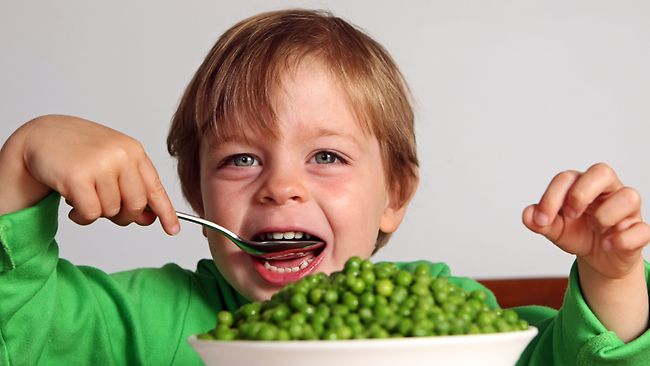

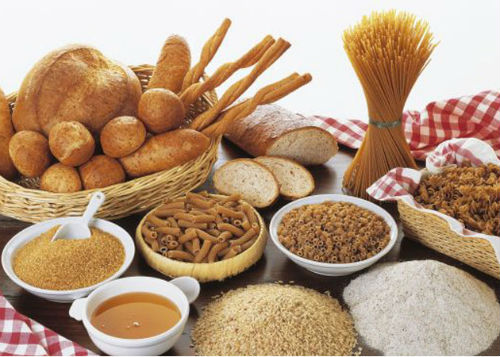
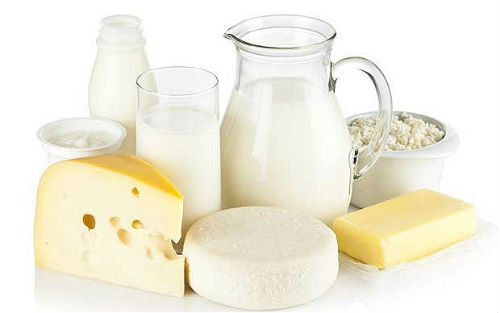
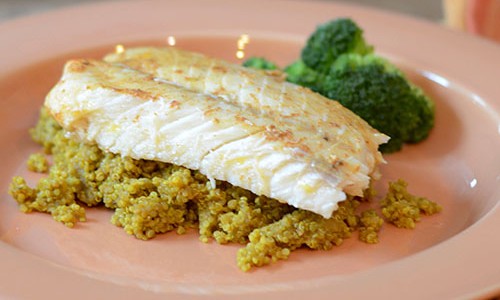
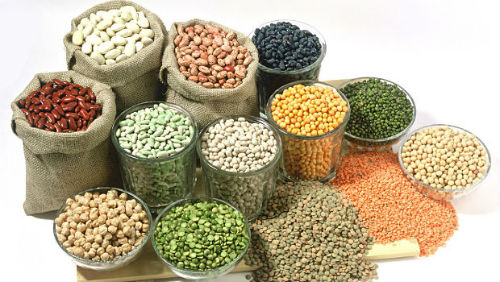
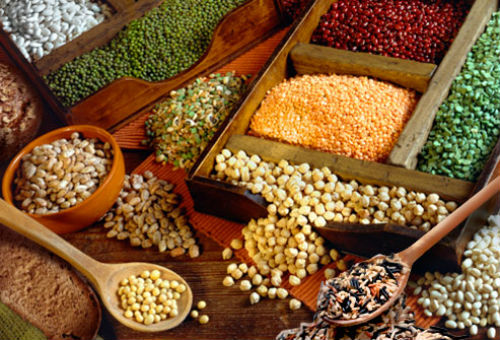
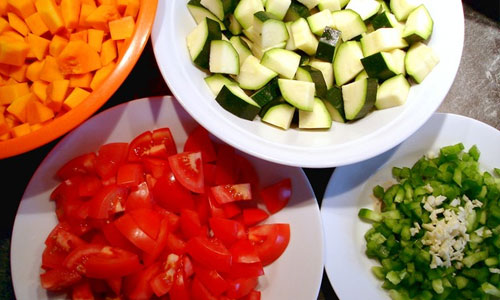
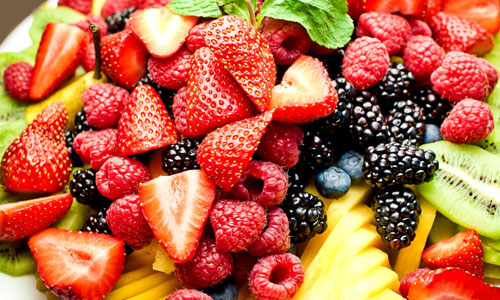


Children’s diet is very, very important and all parents should understand that if they want their kids to be healthy.
I always eat healthy and I’ve taught my kids the same. Alimentation is very important, especially for children.
Kids need indeed a diverse diet in order to develop and grow healthy.
Very good article! It remembered me why a healthy diet is important for your child’s growth.